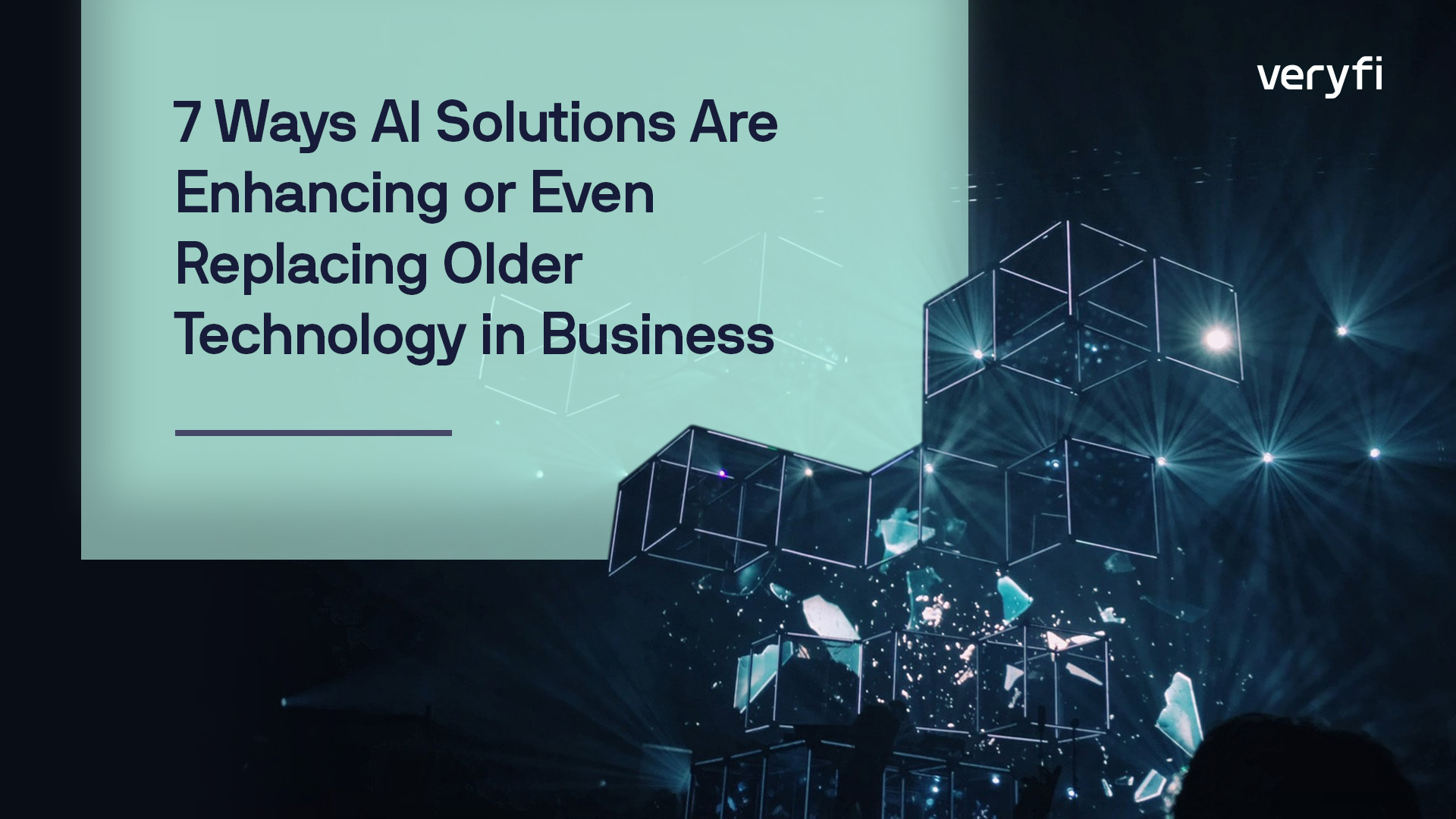or Even Replacing Older Technology in Business
For the average individual, the term artificial intelligence or AI conjures up images of sci-fi thrillers. While the stigma associated with dystopian cinema may not have dissipated entirely, AI is already widely used in the corporate world.
Many of the world’s iconic brands are investing in AI programs to help them become more productive and efficient. Companies such as Microsoft, Google, IBM, Facebook, and many others incorporate AI into their daily operations. More and more companies realize the enormous potential of ERP software, machine learning, and AI technology.
Artificial Intelligence and Business Now
According to SEM Rush, AI is expected to generate significant economic value and improve worker capabilities. Based on the report, the increased use of AI in enterprises would have generated $2.9 trillion in business value in 2021.
AI is reinventing how businesses connect with customers and produce more in less time, from deep learning and predictive analytics to message automation, document capture, and image recognition.
AI technology can be applied in a wide range of industries, including healthcare, sales, human resources, operations, manufacturing, marketing, and technology. Artificial intelligence in business examples includes self-driving cars and autonomous technology, contactless shopping, robotic assistance in industrial production, data mining, automated job applicant selection, and many others. The opportunities that AI brings to business are limitless.
Using AI to Create Significant Business Impact
Artificial intelligence is transforming the world through commercial and consumer industries and has become ingrained in daily life. According to a recent PwC survey, 75% of corporate leaders are sure that artificial intelligence helped them improve their decision-making, while 64% suggested that AI optimizes operations and increases productivity.
This application of technology has altered corporate operations in virtually every industry and has become a need for companies seeking to maintain a competitive edge.
AI is advancing at a breakneck pace, and while the full extent of its impact is unknown at this time, it will almost certainly have a substantial effect on the economy.
Here are a few ways AI can help businesses enhance old technology.
1. Educated decision-making
As artificial intelligence in business improves in effectively analyzing and comprehending massive volumes of data, companies will be able to build more focused and tailored campaigns with a higher probability of profitability. As AI applications extract patterns and other findings from text, statistics, still images, and video, businesses may more precisely allocate resources and budget to areas that stand to gain the most.
Additionally, adopting AI enables automated decision-making; nevertheless, businesses must provide transparency to customers and double-check judgments to ensure they are superior to those made by human employees.
2. Reducing Cost while Improving Functionality
In recent years, the technology and software required to produce software solutions have become more accessible and more affordable. Additionally, the number of tech-savvy and innovative brains capable of capitalizing on such collapsing boundaries has increased tremendously.
A pain-free data migration system that used to take a year for a team of expensive consultants to build for a multimillion-dollar corporation a few years back now only takes some fresh college graduates. These solutions are given at a reasonable price and are frequently so simple to use that firms do not need to engage in long-term service agreements to utilize them.
According to McKinsey & Co.’s 2020 Global AI Survey, 44% of organizations that use AI claimed that the technology contributed to reducing its operating cost. Additionally, money generated by AI technologies rose yearly in most company functions.
3. Easy access to resources
The development speed is accelerating at a quicker rate than ever recorded previously. Transition to the digital age transforms an organization’s fundamental operations, maximizes internal resources, and provides value to customers.
Cloud technologies lay the groundwork for organizations to become more flexible, collaborative, and customer-centric. Cloud computing enables organizations to outsource portions of their processes to third-party computers connected to the Internet. This allows changeable data packages, efficient (on-demand) expansion, and mobility while eliminating the risk of outages, breakdowns, or permanently lost data.
Businesses that utilize the cloud may develop more rapidly, grow more efficiently, and even introduce new market capabilities faster. This has enabled small and medium-sized firms to acquire previously unaffordable resources and leveled the playing field when dealing against businesses with far more significant funding.
4. Improved monitoring
Because artificial intelligence in business management is capable of ingesting and processing vast volumes of data in real-time, businesses may adopt near-instantaneous monitoring capabilities capable of alerting them to issues, recommending action, and in some situations, initiating a reaction.
For example, AI can use data collected to identify machine problems and forecast when maintenance will be required, thereby avoiding costly and disruptive meltdowns and the cost of repair works performed on a scheduled basis rather than as a result of a clear need.
5. Streamlines compliance
Sorting records, data entry, sending invoices and receipts, and information validation are all examples of repetitive processes that cost your business time and money. To facilitate compliance, you may automate these activities using AI, such as an intelligent document processing (IDP) solution. This is achievable because IDP creates a digital trail that can be used to conduct audits and ensure compliance with complex regulatory requirements.
On the other hand, most organizations are concerned about data privacy. That will not be an issue if you utilize IDP, as it is a secure system capable of reducing or eliminating data alteration, misuse, or unnecessary sharing with 3rd party data processing workers. Additionally, the technology keeps the information in a safe area accessible only to authorized personnel.
6. Enhance security
The majority of cybersecurity breaches come down to human error. As a result, it makes sense to employ AI to protect computer networks by screening out viruses, spam, and phishing emails before reaching the recipient.
Apart from defending against hackers, AI can improve crime prevention and privacy protection. For example, in law enforcement, AI enables predictive policing by utilizing principles such as game theory to forecast when threats would strike a target.
7. Predict outcome and simplify sales efforts
Artificial intelligence can detect signals that are frequently missed by sales executives scouring existing customer data for correlations. For example, suppose an AI-powered customer service tool predicts a customer’s view based on their most recent interaction. In that case, businesses can utilize this data to strengthen customer relationships and reduce churn.
Additionally, once a business recognizes that customers have a negative perception of their company, proactive steps can be implemented to change those perceptions rather than waiting for customers to express their dissatisfaction. As a result, business owners will know what to put more emphasis on.
Increasing Influence of AI in Business

Artificial intelligence is here to stay, and the growing impact of AI on business has already transformed lives in numerous ways. If you want to achieve your business goals, you will eventually need to leverage technologies such as artificial intelligence to boost efficiency and save time.
There is no one-size-fits-all strategy for scaling your business. But by combining the strength of artificial intelligence with the human connection, you can zero in on a system that works for you. By leveraging AI to automate previously impossible tasks and experimenting with new methods enabled by AI, you can keep growing your business while freeing up time and saving on cost.
